NEW YORK, Jan 22: Saying that “war is not an option” Pakistan’s former ambassador to the United Nations Munir Akram called upon India and Pakistan to restart composite dialogue to resolve the festering Kashmir dispute and tackle the terrorism issue.
Addressing a large audience of Indian and Pakistani diaspora at the Asia Society on Wednesday, Mr Akram said any war between India and Pakistan would be devastating for the region.
It may be mentioned that the former ambassador was forced to withdraw last month from a discussion on the impact of the Mumbai terror attacks on Pakistan-India relations.
Mr Akram said both countries should try to deal with terrorism through the mechanism they had established, with sincere efforts and not with posturing.
There was urgent need to get to the bottom of the problem and to defuse tensions between the two countries, he added.
Conceding that Pakistan had consistently supported the Kashmiri people’s struggle for the right to self-determination, he expounded at length how the liberation struggle had taken shape and referred to several occasions when India backed away as the two countries came close to a settlement.
Unless there was an amicable resolution of the Kashmir dispute, Mr Akram felt that some groups would continue to act in support of the Kashmiri people suffering at the hands of Indian occupation forces.
In the absence of any significant progress towards a final settlement, Pakistan would not be in a position to decisively act against such groups because the cause was too popular. Only a Kashmir settlement could empower Pakistan to finish them off.
He brushed aside a dooms day scenario presented by some elements about Pakistan splitting into four states, Punjab, Sindh, NWFP and Balochistan.
Earlier, Ashutosh Varshaney, professor of Political Science at Brown University, suggested that Islamabad’s anti-India stance was keeping the country united, not Islam, which, he claimed, was dividing Pakistan.
However, he quickly added he did not agree with the right-wing view that Pakistan should be disintegrated to bring about stability in the region.
Reacting to Prof Varshaney’s suggestion that Pakistan was sponsoring terror groups, Mr Akram said that India’s record on this count was tainted.
Terrorism was not a new phenomenon in South Asia, it has existed for decades.
He referred to the Bhindranwale’s Sikh terrorist group which had been created by the Indian intelligence as also the LTTE militants who were now biting back India.
Now, he said, India was involved in destabilising Balochistan, adding the Balochistan Liberation Army was trained and financed by the Indian intelligence and Pakistan had proof of its complicity.
The BLA has been engaged in sabotage activities in the province causing death and destruction.
Nicolas Platt, a former US ambassador to Pakistan and a former president of Asia Society, rejected that disintegration of Pakistan could resolve the problems of terrorism.
He asserted that not such disintegration was on the cards, nor was it in anybody’s interest.
He said the US was not going to act as a mediator but would encourage India and Pakistan to settle their disputes through negotiations.
He said he believed that the aim of the group that carried out deadly attacks in Mumbai was to set India against Pakistan when their relations were improving.
He urged both sides to remain calm and keep the doors of communications open.
Mr Platt praised the restraint shown by India and Pakistan and urged them to stay connected in this difficult period.
Earlier, Ms Vishaka Desai, president of Asia Society told the audience that the organisation would endeavour to hold many more discussions and meetings between various groups of the subcontinent.
She also spoke about a huge contemporary art exhibition from Pakistan scheduled for September of this year.


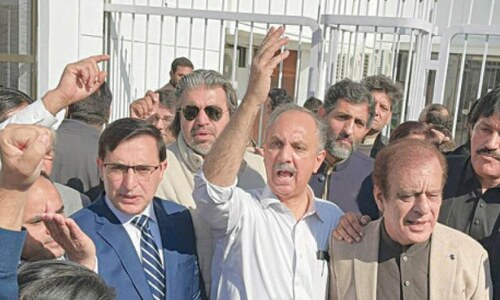
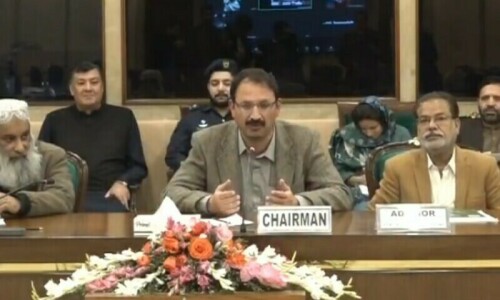











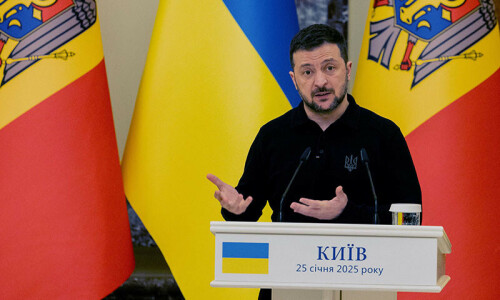
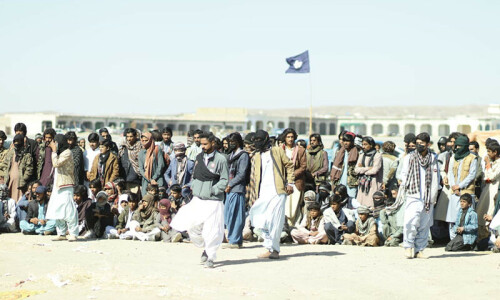





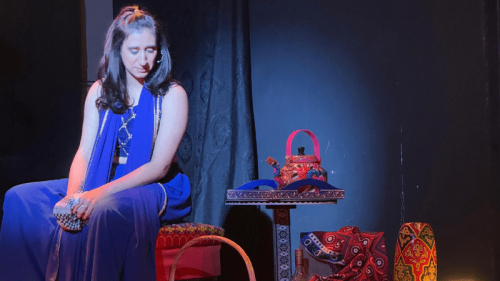

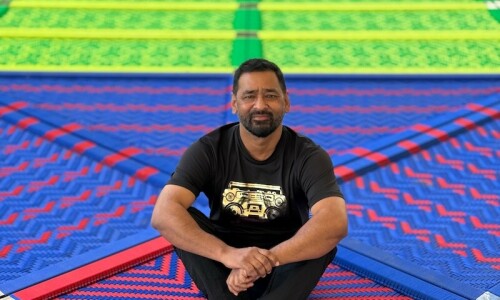



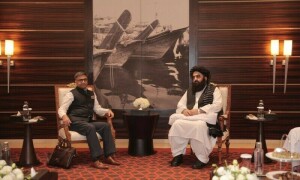


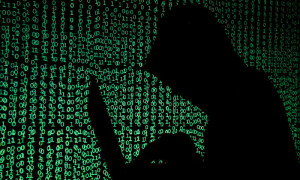



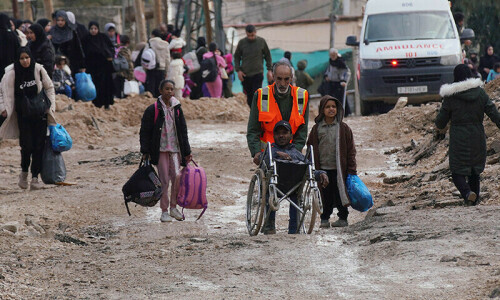
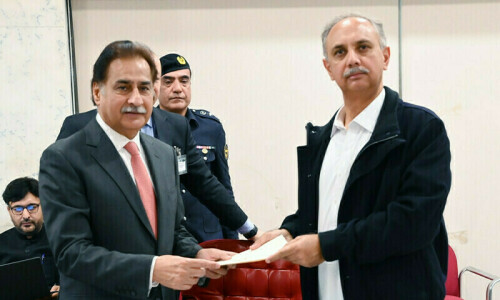

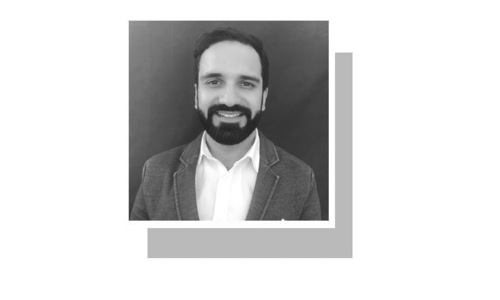

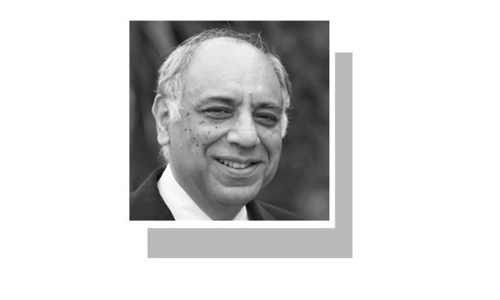
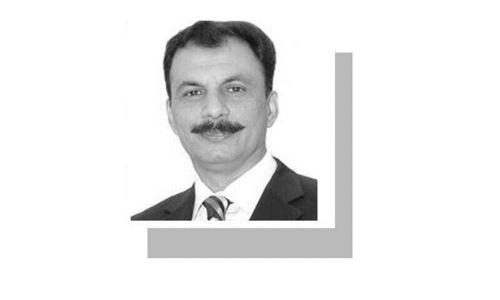


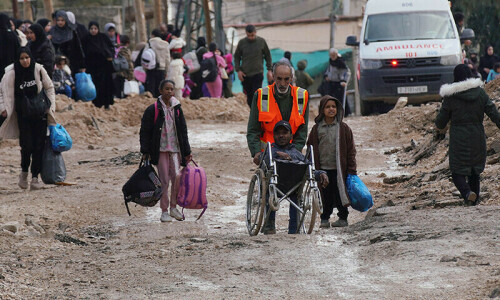





Dear visitor, the comments section is undergoing an overhaul and will return soon.